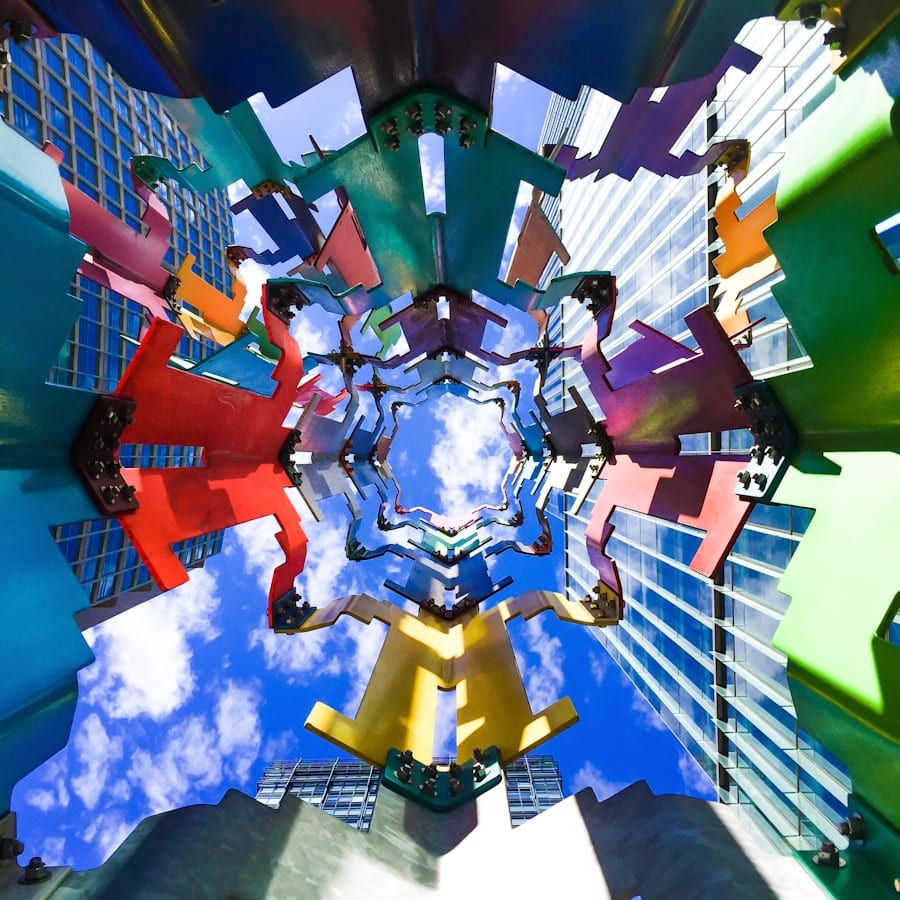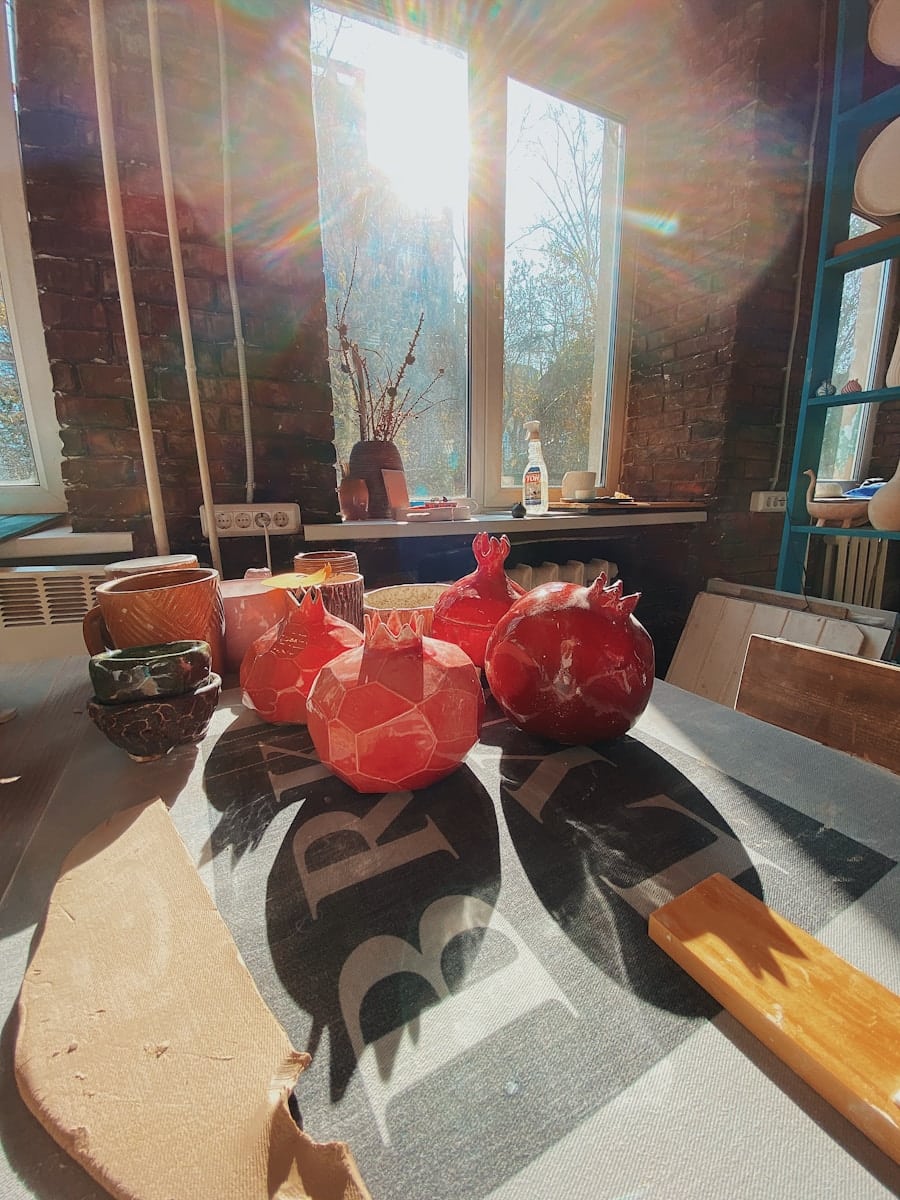The concept of the Metaverse has evolved from a niche idea in science fiction to a burgeoning reality that is reshaping how we interact, work, and socialize in digital spaces. Initially popularized by novels such as Neal Stephenson’s “Snow Crash” and Ernest Cline’s “Ready Player One,” the Metaverse is envisioned as a collective virtual shared space that merges physical and digital realities. This immersive environment allows users to engage with one another and digital content in real-time, often through avatars that represent them.
As technology advances, the Metaverse is becoming increasingly accessible, with platforms that support social interaction, gaming, commerce, and even professional collaboration. The rise of the Metaverse is driven by advancements in technology, particularly in virtual reality (VR), augmented reality (AR), and blockchain.
As more individuals and businesses recognize the potential of the Metaverse, it is becoming a fertile ground for innovation, particularly in the realm of freelancing. The emergence of freelance platforms within this digital landscape is transforming traditional work paradigms, offering new opportunities for professionals across various fields.
Key Takeaways
- The Metaverse is a virtual reality space where users can interact with a computer-generated environment and other users.
- Freelance platforms are experiencing a rise in the Metaverse, offering opportunities for remote work and collaboration in virtual environments.
- Advantages of freelancing in the Metaverse include flexibility, global reach, and the ability to showcase creative work in immersive ways.
- Challenges for freelancers in the Metaverse include competition, security concerns, and the need for reliable internet connectivity.
- Virtual reality and augmented reality play a crucial role in enhancing the freelance experience, offering immersive work environments and interactive presentations.
The Rise of Freelance Platforms in the Metaverse
Revolutionizing Freelance Portfolios
In the Metaverse, freelancers can create virtual portfolios that go beyond traditional resumes. For instance, a graphic designer might build an interactive gallery showcasing their work in a 3D space, allowing potential clients to experience their designs in a more engaging manner. This shift not only enhances visibility for freelancers but also allows clients to assess talent more effectively.
Enhancing the Freelance Experience with VR and AR
As more platforms emerge within the Metaverse, they are likely to incorporate features that leverage VR and AR technologies, further enriching the freelance experience.
The Future of Freelance Industry
With the Metaverse providing an immersive environment for freelancers, the future of the freelance industry looks promising, with more opportunities for freelancers to showcase their skills and connect with clients in innovative ways.
Advantages of Freelancing in the Metaverse

One of the most significant advantages of freelancing in the Metaverse is the ability to work from anywhere while maintaining a sense of presence and connection with clients and colleagues. Unlike traditional remote work, which can often feel isolating, the Metaverse allows freelancers to engage in virtual meetings and collaborative sessions that mimic face-to-face interactions. This sense of presence can lead to stronger relationships between freelancers and clients, fostering trust and collaboration.
Additionally, the Metaverse offers freelancers access to a global marketplace. In this expansive digital landscape, geographical boundaries become irrelevant, enabling professionals to connect with clients from diverse backgrounds and industries. This global reach not only increases job opportunities but also allows freelancers to diversify their portfolios by working on projects from various sectors.
For example, a software developer based in India can collaborate with a startup in Silicon Valley without ever leaving their home office, creating a dynamic exchange of ideas and skills.
Challenges and Concerns for Freelancers in the Metaverse
Despite the numerous advantages, freelancing in the Metaverse is not without its challenges. One significant concern is the issue of digital literacy among both freelancers and clients. While many individuals are becoming increasingly comfortable with technology, there remains a substantial portion of the population that may struggle to navigate virtual environments effectively.
This disparity can create barriers to entry for some freelancers who may not have access to the necessary tools or skills to thrive in the Metaverse. Moreover, issues related to data privacy and security are paramount in this new digital frontier. Freelancers often share sensitive information with clients, and the decentralized nature of many Metaverse platforms raises questions about how this data is stored and protected.
Cybersecurity threats such as hacking or data breaches could jeopardize not only individual freelancers but also entire platforms. As such, it is crucial for both freelancers and platform developers to prioritize security measures to safeguard personal information and maintain trust within the community.
The Role of Virtual Reality and Augmented Reality in Freelance Platforms
Virtual reality (VR) and augmented reality (AR) are pivotal technologies that enhance the functionality of freelance platforms within the Metaverse. VR creates fully immersive environments where freelancers can interact with clients and colleagues as if they were physically present together. For instance, a team of architects could use VR to walk through a 3D model of a building they are designing, allowing for real-time feedback and collaboration that would be difficult to achieve through traditional video conferencing tools.
On the other hand, AR can augment real-world experiences by overlaying digital information onto physical environments. Freelancers in fields such as interior design or marketing can use AR tools to present their ideas more effectively. For example, an interior designer could use AR to show clients how different furniture pieces would look in their actual living spaces by projecting 3D models onto their rooms through a smartphone or AR glasses.
This capability not only enhances client engagement but also allows freelancers to demonstrate their expertise in innovative ways.
The Impact of Blockchain and Cryptocurrency on Freelance Platforms in the Metaverse

Automating Payment Processes
Smart contracts—self-executing contracts with terms directly written into code—can automate payment processes based on predefined conditions. For instance, a freelancer could set up a smart contract that releases payment upon project completion or after client approval, reducing disputes over payments and ensuring timely compensation.
Streamlining Transactions
Cryptocurrency also plays a crucial role in facilitating transactions within freelance platforms in the Metaverse. Traditional payment methods often involve fees and delays due to intermediaries such as banks or payment processors. In contrast, cryptocurrencies enable instant transactions with lower fees, making it easier for freelancers to receive payments from clients worldwide.
Financial Flexibility
This financial flexibility can be particularly beneficial for freelancers working with international clients who may face currency conversion issues or high transaction costs.
The Future of Work: How Freelance Platforms in the Metaverse Will Shape the Gig Economy
As freelance platforms continue to evolve within the Metaverse, they are poised to significantly influence the future of work and reshape the gig economy. The traditional 9-to-5 job model is increasingly being replaced by flexible work arrangements that prioritize results over hours spent at a desk.
Moreover, as more companies recognize the benefits of tapping into freelance talent pools, we may see an increase in hybrid work models that combine remote work with virtual collaboration in the Metaverse. Organizations could leverage freelance expertise for specific projects while maintaining core teams for ongoing operations. This approach not only enhances efficiency but also allows companies to remain agile in an ever-changing business landscape.
What to Expect from Freelance Platforms in the Metaverse
The future of freelance platforms within the Metaverse holds immense potential for transforming how we work and interact professionally. As technology continues to advance, we can expect more innovative features that enhance collaboration, creativity, and productivity for freelancers across various industries. The integration of VR and AR will likely become more sophisticated, allowing for richer experiences that foster deeper connections between freelancers and clients.
Furthermore, as blockchain technology matures, we may see an increase in decentralized freelance platforms that prioritize user control over data and transactions. This shift could empower freelancers by providing them with greater autonomy while ensuring fair compensation for their work. As we move forward into this new era of work, it is essential for all stakeholders—freelancers, clients, and platform developers—to adapt to these changes and embrace the opportunities presented by the Metaverse.
In a recent article discussing the future of freelance platforms in the metaverse, it is important to consider the tools and technology that will enable students to thrive in this new digital landscape. Choosing the right PC for students, as outlined in this article, will be crucial for their success. Additionally, utilizing powerful devices like the Samsung Galaxy Tab S8, as highlighted in this article, can enhance productivity and creativity in the metaverse. Furthermore, implementing the best software for project management, as discussed in this article, will be essential for freelancers to effectively collaborate and deliver high-quality work in this virtual environment.
FAQs
What is the Metaverse?
The Metaverse is a collective virtual shared space, created by the convergence of virtually enhanced physical reality and physically persistent virtual reality.
What are freelance platforms in the Metaverse?
Freelance platforms in the Metaverse are online marketplaces where individuals can offer and purchase digital services, such as design, programming, and virtual event planning, within the virtual environment.
How are freelance platforms in the Metaverse different from traditional freelance platforms?
Freelance platforms in the Metaverse are built entirely within the virtual environment, allowing for a more immersive and interactive experience. Users can create and showcase their work in a virtual space, and interact with clients and other freelancers in a more dynamic way.
What are the potential benefits of freelance platforms in the Metaverse?
Potential benefits of freelance platforms in the Metaverse include increased creativity and collaboration, access to a global talent pool, and the ability to work and connect with others in a virtual environment.
What are some challenges of freelance platforms in the Metaverse?
Challenges of freelance platforms in the Metaverse may include technical limitations, security concerns, and the need for users to adapt to a new way of working and interacting within a virtual environment.
How do freelance platforms in the Metaverse impact the future of work?
Freelance platforms in the Metaverse have the potential to revolutionize the future of work by offering new opportunities for remote collaboration, creativity, and innovation within a virtual space.

